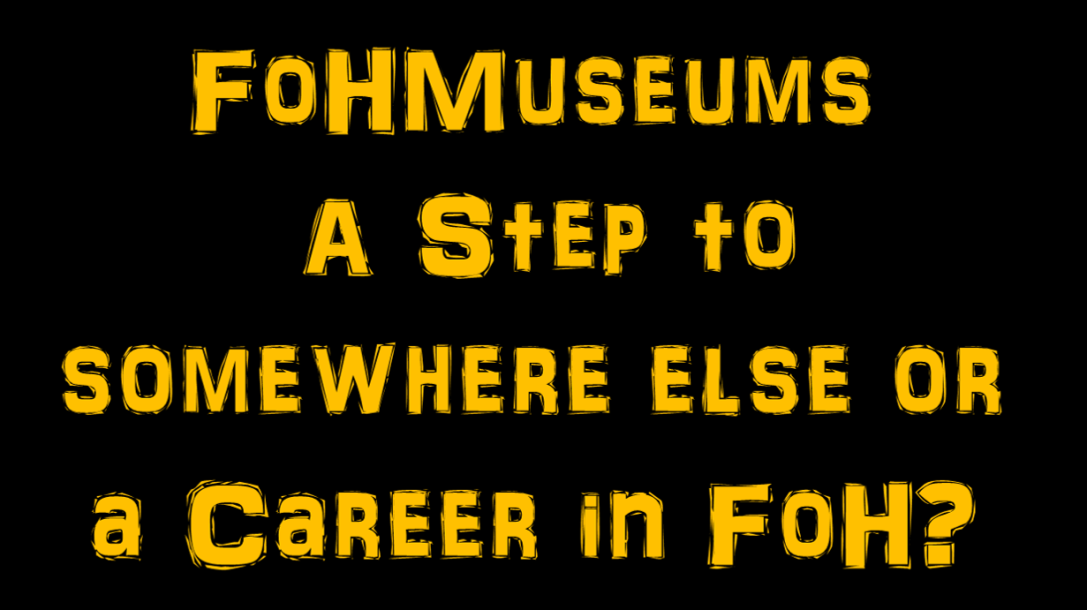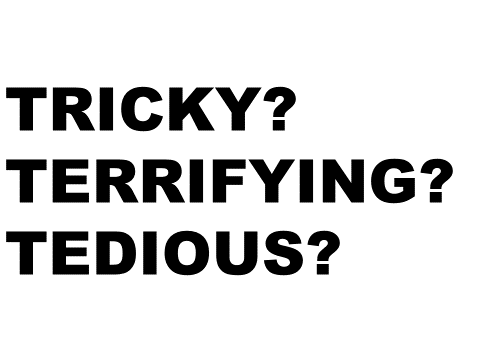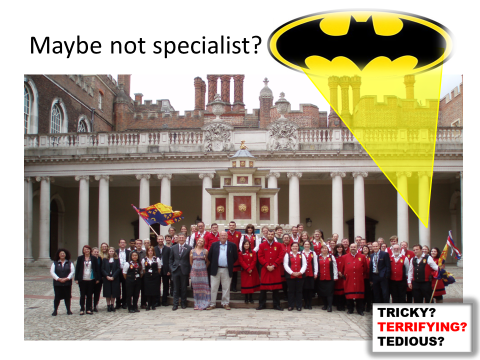As museums plan to reopen and governments in the four nations start to outline what the return to work will look like. It is becoming apparent that FoH will be fundamental to our museums future successes. Across the sector from the smallest museum to the largest FoH will vital to museums safely reopening, building public confidence and starting the road to rebuilding the sector. We will need FoH more than ever before, but we may need more FoH than ever before, to help reopen and keep our museums safe.
The Closed Museum
The museum may be closed but the museum still needs to be cared for, toilets need flushing, maintenance needs to continue, and the collections they hold must be kept safe. This is just the tip of iceberg. Museum workers throughout lockdown have continued to keep museums going, making sure that when the museum can reopen, the museum will be ready too.
As we edge towards operations teams across the country are also busy, preparing new plans, seeing how their museums can adapt to the new normal and the reopening of the museum, whilst ensuring staff and public safety.
A New Normal: Preparing to Reopen the Museum
The visitor experience will change, museums when they reopen will look different. This will be the new normal. FoH will be essential to its successful implementation. Before museums reopen the experiences of FoH from outside the sector, reopening museums and our own workforce will be vital. Any plan to reopen the museum must build on the knowledge of their FoH team. Who else has the knowledge of the bottlenecks across the museum, the ability to manage ques whilst creating excellent visitor experiences or how often the toilets will now need to be cleaned, what equipment the museum will need to keep staff and the public safe. Every museum has a rich bank of knowledge in their FoH teams. Many will be currently furloughed, it is also inevitable that organisations are considering or planning cuts, which will undoubtedly affect FoH. But every organisation will need a full strength FoH team. You will need to bring back FoH before the museum reopens, to contribute to plans, build up their own confidence that their place of work is safe, adapt their practices to the new normal and ultimately be ready to reopen. This preparation will get the most out of FoH and prepare the museum to reopen. If FoH are not ready, you cannot open the museum safely.
A New Normal: Visitor Confidence
We are getting a sense of what this new normal will look like. This is thanks to museums from across the globe as they reopen, sharing what they are doing. Museum and gallery capacity have been slashed, pre-booking is growing and social distancing is universal. Changes are expected from the visitor too, a move to pre-booking for many visitors is an uncomfortable thought. The visitor experience will become intrusive, some are taking temperatures and taking health information, others are taking contact details to allow contact with visitors if they may have been exposed to Coivd-19. These steps will challenge the visitor experience. FoH will be essential to implementing changes across the public sphere and once implemented they will “sell” these changes to the public. This is the realm of FoH, trained to provide excellent visitor experiences, they have to be at the core of museums efforts to welcome visitors back, and ensure the new measures put in place by the museum are being maintained. The visitor experience and welcome back starts at home, browsing social media and the museums website, communication starts here building visitor confidence about their visit and clearly outlining what the new normal visitor experience is like. This will continue throughout the experience, from queuing at the entrance, the verbal communication with staff explaining the measures in place and expectation on visitors during their visit. FoH will be essential to ensuring the museums measures are maintained and visitor confidence is established.
Throughout the visitor experience as museums embark on the rebuilding process, FoH will be fundamental to communicating changes to museum practices whilst restabilising visitor confidence and ensuring their safety alongside their own and their colleagues.
The New Normal: A Need for More FoH
Museums will look different; the visitor experience has changed, and there will be new expectations on FoH. At this time FoH are the key to successfully reopening museums, establishing visitor confidence and beginning the rebuilding process. They will be more important than ever before.
As museums plan to reopen, we must get across the message that front facing museum workers are vital to the reopening of our museums. Although visitor numbers will drop, we will need more front facing museum workers. We have seen this elsewhere, as in supermarkets where 30,000 workers were recruited to respond to the initial pressure, and now the changes in visitor behaviour moving to weekly shops (less visits) and introduction of social distancing. It is not unreasonable to think we will need more front facing workers. Museums face unprecedented challenges to reopen, some will be facing the loss of volunteers, others will need more workers to manage new queuing and one-way systems. Past the logistical demands, visitors will expect to see FoH. At this time an enhanced presence will contribute to building visitor confidence and ensure the social distancing measures visitors expect to see are being maintained. Part of this is seeing people working to manage the museum, clear guidance coming from a person is more human and contains more gravity than a sign or recording on a loop. It will show to the visitor the museum has responded and that this place is safe place to be in.
Behind the scenes away from the public gaze operation teams need to the support to carry out enhanced cleaning routines and support for the changes museums will make to be to reopen to the public. These changes will affect staff capacity as will the continued need to self-isolate for two weeks when symptoms of Covid-19 appear. We must be honest about it, any support such as funding to reopen museums must also be able to recognise the need for more front facing staff at this time and factor these needs into supporting museums to reopen.
Value FoH
As we emerge into a world where the normal has changed beyond recognition, the museum sector must recognise the increased importance of FoH at this time, to reopen museums, establish visitor confidence and begin the rebuilding of the museum sector, front of house will be crucial.





